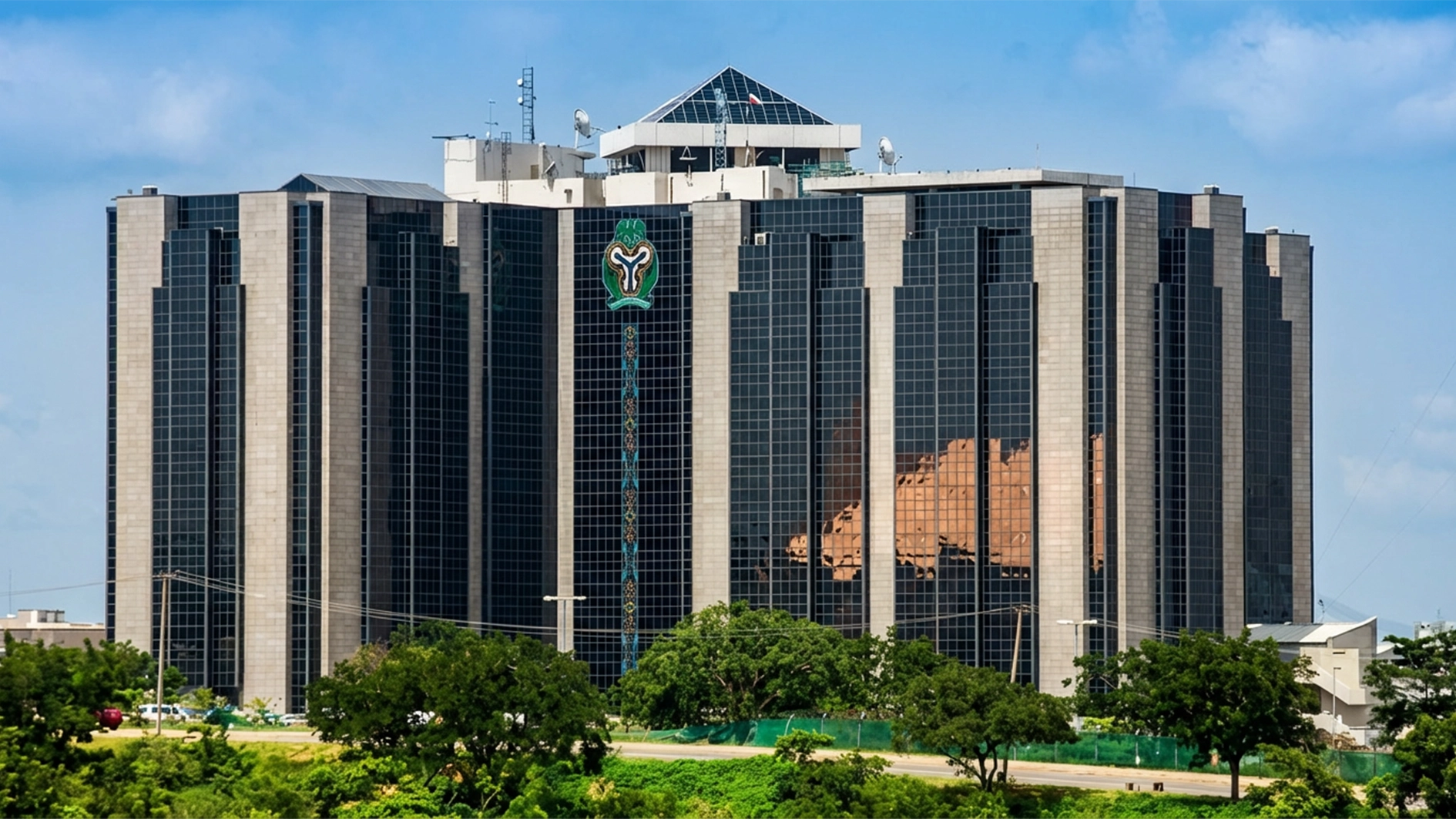The call of late by the Lagos State House of Assembly on the state attorney general to enforce tenancy laws is a notable response to an escalating high rent problem in the state; but it is hardly adequate to redress the issue which has become endemic, and revolves around demand and supply, among other things. The solution to Lagos housing problems lies in a mixture of making more houses available and religiously enforcing available laws. While the private sector must be given a key role in this regard, government should show more commitment, financially and otherwise in masses-oriented schemes. Such schemes were made possible during the Lateef Jakande administration between 1979 and 1983. And although a lot has changed since then, it is not impossible to replicate something close, if government has the right commitment.
The Lagos Assembly called on the Attorney-General and Commissioner for Justice to enforce the full implementation of tenancy Law of the Laws of Lagos State 2015 as a way to check excessive increment of rent by landlords in the state.
The Assembly noted that incessant increase in rent is intensifying the rate of homeless people in the state. Section (37) of the Tenancy Law of Lagos State 2015, made provision against unreasonable increase in rent by landlords and also provided access to court for tenants seeking the protection of the law against such unreasonable increase in rent.
The truth of the matter is that Lagos State is currently facing a severe housing crisis, with rental prices escalating dramatically over the past few years. Rents have surged by over 100 per cent in the last four years, while household incomes have remained largely stagnant.
This disparity has placed immense financial pressure on residents, particularly young professionals and low-income earners, who are now forced to allocate a significant portion of their earnings to housing costs.
Several factors contribute to this crisis. Rapid urbanisation and population growth have intensified the demand for housing in Lagos, leading to increased competition for available rental properties. Additionally, inflation and the rising costs of construction materials have compelled landlords to raise rents to offset their expenses. However, in many cases, these rent hikes occur without corresponding improvements to the properties, further burdening tenants..
Housing experts believe that the law does not control rents; rather it lowers investment in housing, and creates conflicts between landlords and tenants. They said the tenancy law as well as the high taxes and charges in processing of certificate of occupancy, consent, building approvals among others are disincentive to investment in housing in Lagos State.
They noted that rent control in the state since the tenure of Brig. Mobolaji Johnson (Rtd) from the 70s has never achieved the desired purpose, as demand is usually higher than supply. They expect the state government to play active role by ensuring adequate housing supply as the performance of government in provision of housing for the low and medium income earners is abysmally low.
In fact, the government’s ineffective housing policies have also significantly contributed to the surge in rents across Lagos. The state has a housing deficit estimated at over three million units. Government efforts to build affordable housing have fallen far short of this need. Without sufficient public housing options, residents are forced to compete for limited private housing, which drives up prices.
Although rent control laws exist, enforcement is weak or nonexistent. This allows landlords to increase rents arbitrarily—sometimes by over 90 per cent—without fear of penalties, especially in high-demand areas.
Many government housing projects are poorly located, far from commercial hubs, or lack adequate infrastructure. As a result, residents prefer centrally located private rentals; further increasing demand—and thus prices—in those areas.
Land allocation and construction approvals are often bogged down by red tape or manipulated by influential interests, discouraging genuine private investment in affordable housing. Most government initiatives focus on homeownership, ignoring the large population of renters. With over 60 per cent of Lagosians renting, the lack of policies aimed at protecting and supporting renters worsens their vulnerability to exploitation.
The lack of reliable roads, water, electricity, and transport in many parts of Lagos means people crowd into the few areas with decent infrastructure. This imbalance inflates rents in those locations while leaving other areas underdeveloped.
In short, the government’s ineffective approach to housing—marked by poor planning, inadequate enforcement, and insufficient investment—has allowed landlords and market forces to dominate unchecked, worsening affordability and living conditions for millions of Lagosians.
In response, the Lagos State government has proposed several initiatives aimed at alleviating the housing crisis. One such measure is the enforcement of a monthly rental policy, intended to replace the traditional annual rent payments. This policy aims to make rent more manageable for tenants by aligning payments with their monthly income streams. Furthermore, the government has expressed intentions to impose limitations on rent increases and amend existing rent control laws to protect tenants from arbitrary hikes.
While these initiatives are commendable, their success hinges on effective implementation and enforcement. The government must ensure that landlords comply with the new regulations and that tenants are aware of their rights under these laws. Moreover, there is a pressing need for increased investment in affordable housing projects to address the significant housing deficit in the state.
Collaboration between the government, private sector, and civil society is essential in tackling the housing crisis. By working together, stakeholders can develop sustainable solutions that not only provide immediate relief to those affected but also lay the groundwork for a more equitable and affordable housing market in Lagos.
The escalating housing crisis in Lagos is a complex issue that requires a multifaceted approach. Through concerted efforts and a commitment to social equity, it is possible to create a housing environment that serves the needs of all residents, regardless of their economic status.






